Bibliotherapy for depression is one of the most effective tools out there, and even though a lot of people might not know about this creative and expressive practice, its benefits are immense. So the questions now are how bibliotherapy helps depression, what are the benefits of bibliotherapy, and what is bibliotherapy in mental health? Let’s take a look.
Key Points
- Bibliotherapy is a creative expressive art that offers research based benefits.
- Engaging in bibliotherapy brings on emotional and cognitive shifts.
- Bibliotherapy can help reduce symptoms in subclinical and mild depression.
Bibliotherapy is a creative arts therapy, where the reading of books can help a child or an adult move through emotional experiences. From fiction, non-fiction, poetry, or pictures books – a good dose of literature can provide support, education, and greater well-being.
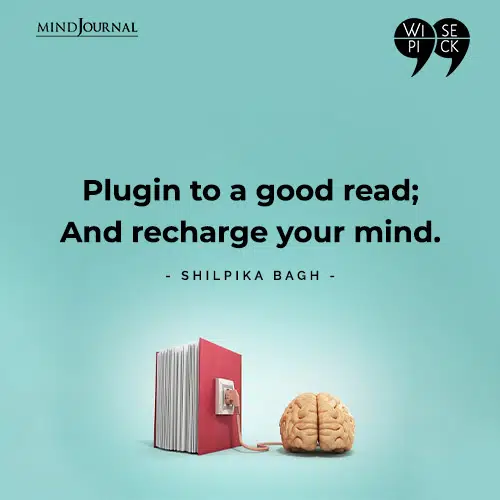
Historically, bibliotherapy first appeared as a term and a book reading experience in the Atlantic Monthly in 1916. Later, in the 1930s, librarians began compiling lists of books and other written materials that could help individuals with trauma, thoughts, feelings, or behaviors for therapeutic purposes.
The key premise of bibliotherapy is that readers begin to identify with a particular character in the book, deepen their understanding of symptoms of depression, or learn more about the science behind mental health.
Related: Music Therapy: How Binaural Beats Music Can Help Reduce Depression
Types of Bibliotherapy
There are 5 types of bibliotherapy.
1. Creative bibliotherapy
A group experience, where fiction, nonfiction, poetry, or other forms of literature are pre-read and discussed by the group. Think book club.
2. Developmental bibliotherapy
An educational experience, used at schools or in homes, where fiction or nonfiction is used to help explain human development. Think birds-and-the-bees teaching moments.
3. Prescriptive bibliotherapy
A clinical experience, where books are used to help teach, modify, shift or acquire newly learned skills. Think Dialectical Behavior Therapy, etc.
Related: How Dark Chocolate Can Help You Fight Depression
4. Therapeutic bibliography
Where fiction, poetry, or nonfiction books are recommended as additional reading alongside traditional psychotherapy. Think reading “Wishful Drinking” while addressing one’s own addiction in therapy sessions.
5. Informal bibliotherapy
Where you, the reader, choose a book that speaks to you and what you’re dealing with in life.
Benefits of Bibliotherapy
Engaging in bibliotherapy brings on emotional and cognitive shifts. Studies report many positive outcomes, including reduction of negative emotions, deepening insight, increased empathy and compassion, greater social connection, heightened awareness, more successful problem solving, just to name a few.
Even during COVID, bibliotherapy was shown to help children and adults feel more grounded emotionally and physically about the pandemic.
When it comes to depression, research reports that bibliotherapy can ease subclinical or mild depressive symptoms. It is not solely recommended as a therapy for individuals who have moderate or severe symptoms of depression. While you can use bibliotherapy in creative, developmental, prescriptive, and therapeutic ways, you can also find success reading informally.
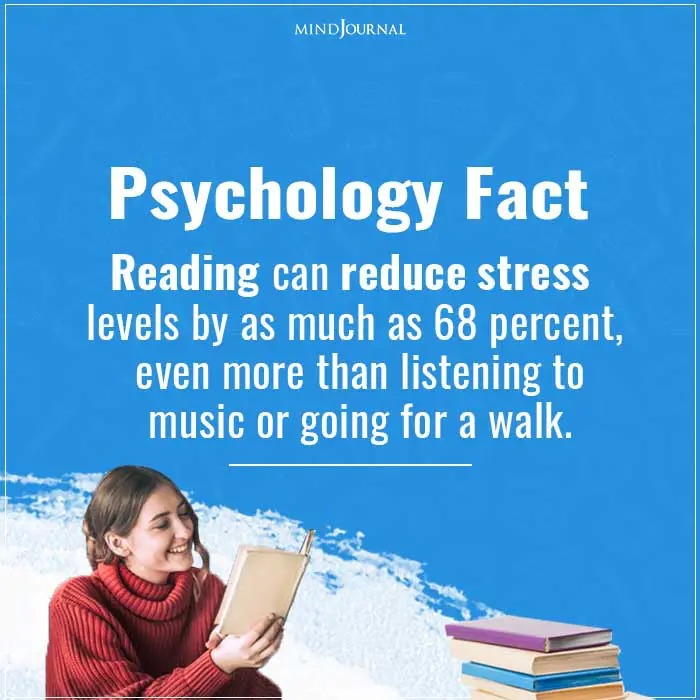
Tips for Using Informal Bibliotherapy
1. Do a “need” inventory.
What is it that you’d like to know about your depression? Diagnosis? Traditional treatments? Experimental treatments? Maybe you want to read a fictional story about someone living with depression. Or might a memoir or biography be of interest? Zero in on the issue so you can streamline your bibliotherapy search.
Related: 5 Things To Do When You Feel Sad All The Time Even When Life Is Good
2) Librarian or Google.
Now that you know what theme you’re looking for, consider going to your local library and finding a librarian who can guide you to the best books. Or, if you prefer a less social approach, do an online search for books on the subject.
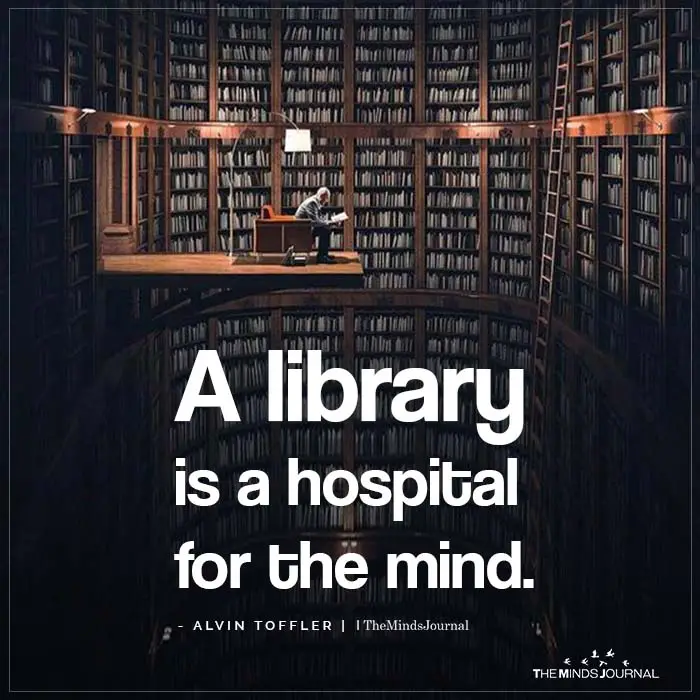
3) Set aside time.
Once you have your book, make time to read it. You don’t have to consume it all in one sitting. Find your style and pace your reading so you experience the book. Take notes if you like. Highlight passages too.
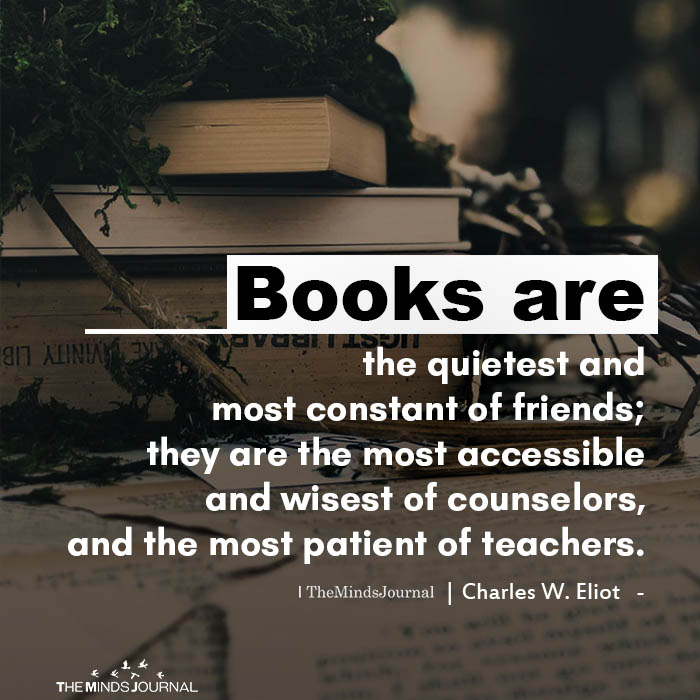
4) Quiet your mind and reflect.
After you’ve completed reading, still your mind and reflect on what you’ve learned. Whether it’s new information, tips, or techniques, give yourself space for them to find a comfortable place within you.
Related: How To Overcome Depression: 11 Coping Skills
5) Reach out if reading isn’t enough.
Though bibliotherapy is a meaningful experience, sometimes it doesn’t completely offer all the help you need. If so, consider reaching out to a mental health professional for further support.
Written By Deborah Serani
Originally Published On Psychology Today
Frequently Asked Questions (FAQs)
How bibliotherapy can help students open up about their mental health?
Books can prove to be a therapeutic tool for students struggling with their mental health. When they are able to relate and recognize their emotions and thoughts while reading a book, it makes them feel less alone.
What would be the best therapy for depression?
Cognitive Behavioral Therapy is the best kind of therapy for treating depression.
What is bibliotherapy for kids?
Bibliotherapy is basically the use of fiction, literature, and books to help children deal with their emotional and mental problems. For example, reading their favorite books during an emotionally turbulent time can help them feel better.
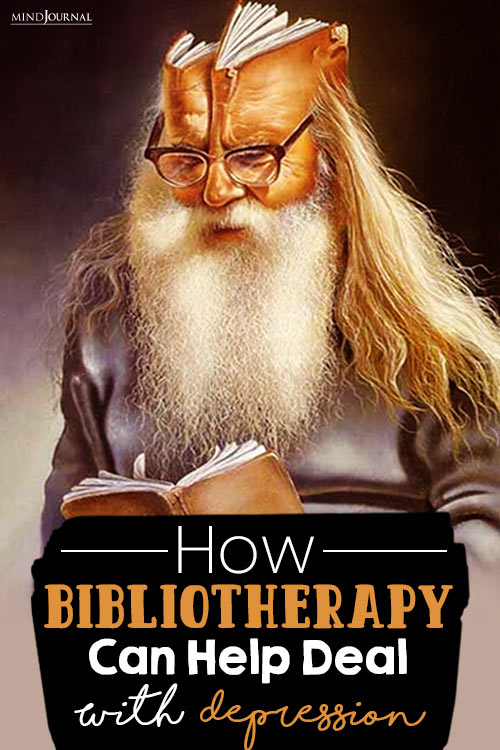
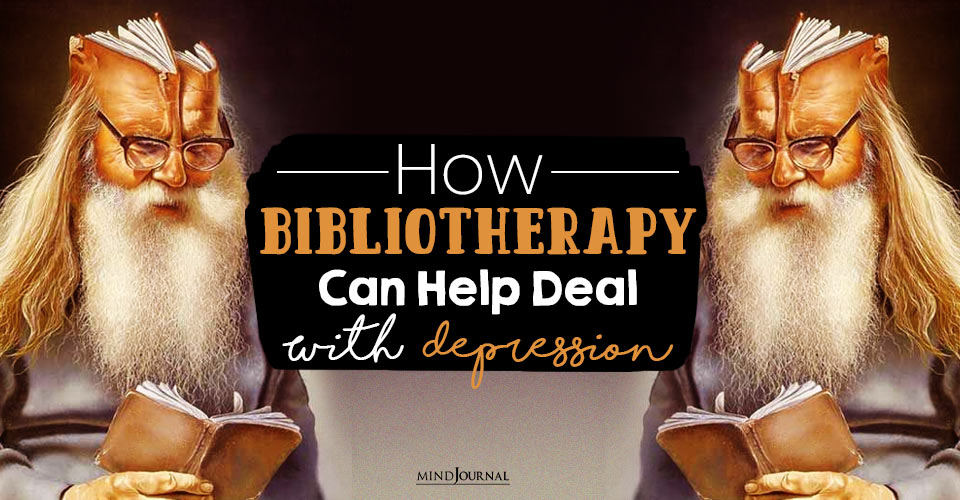
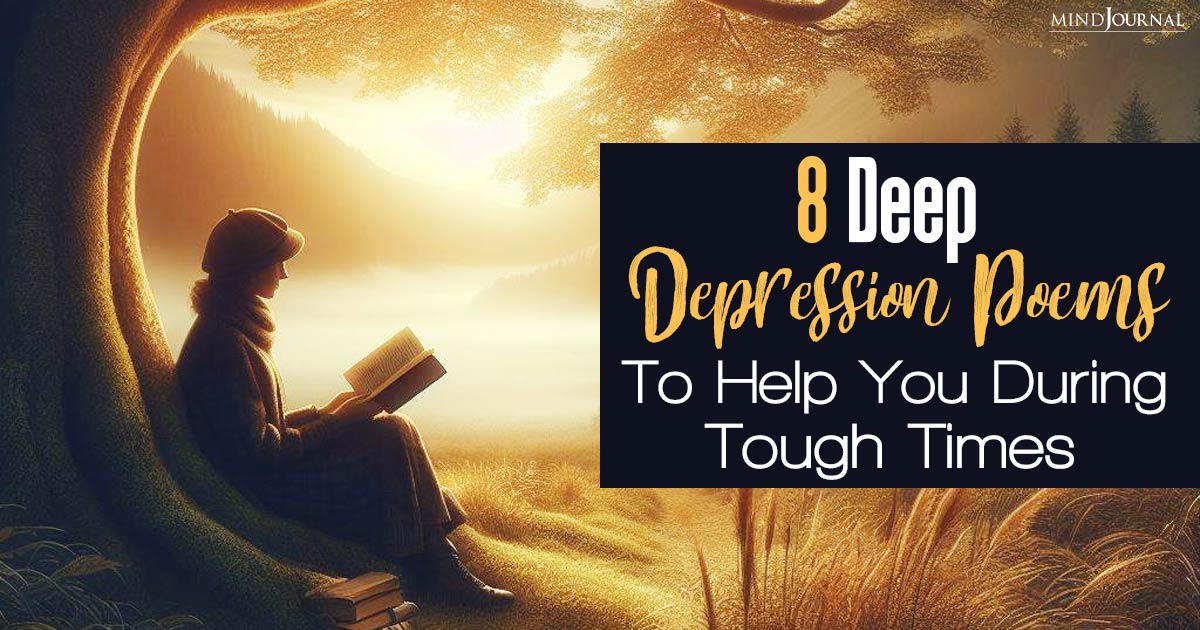
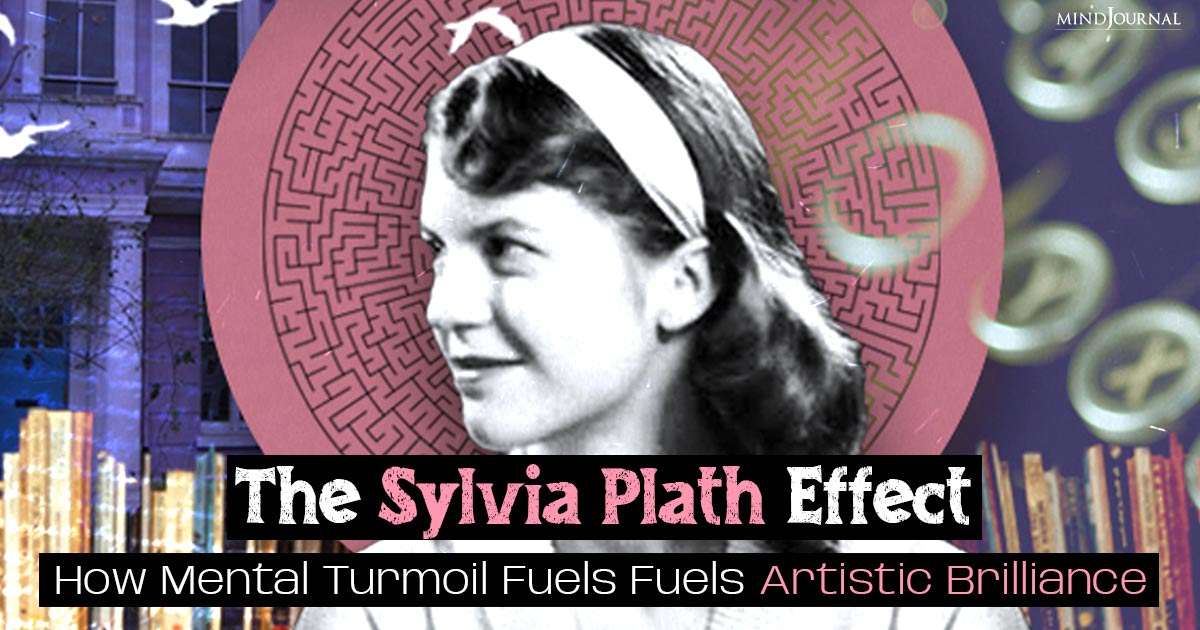
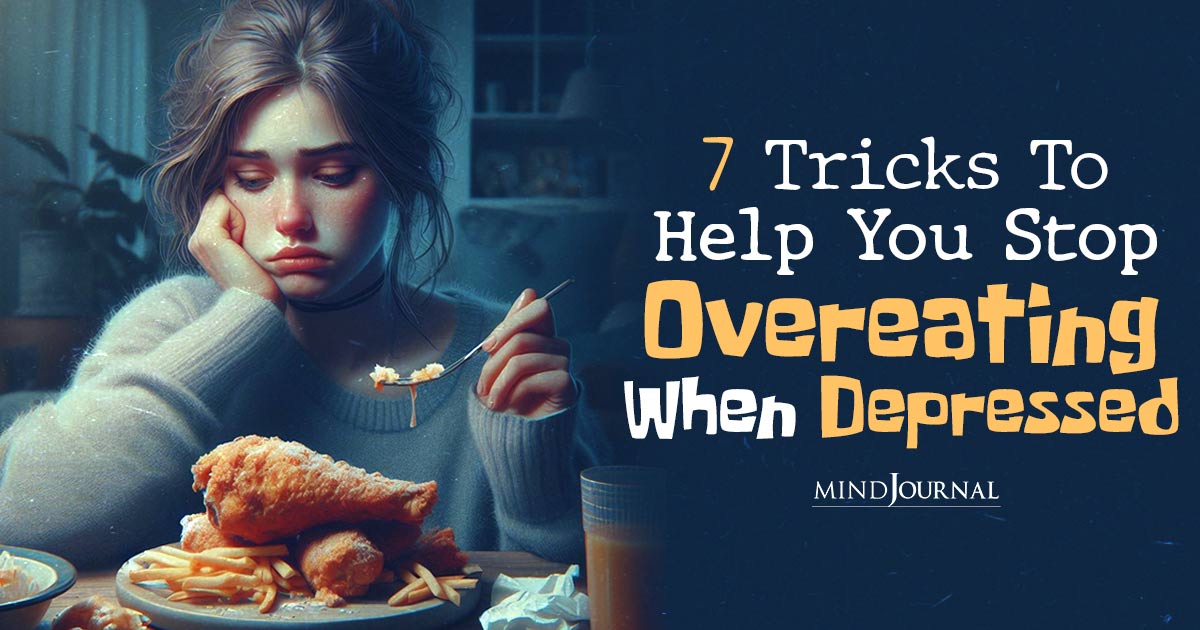
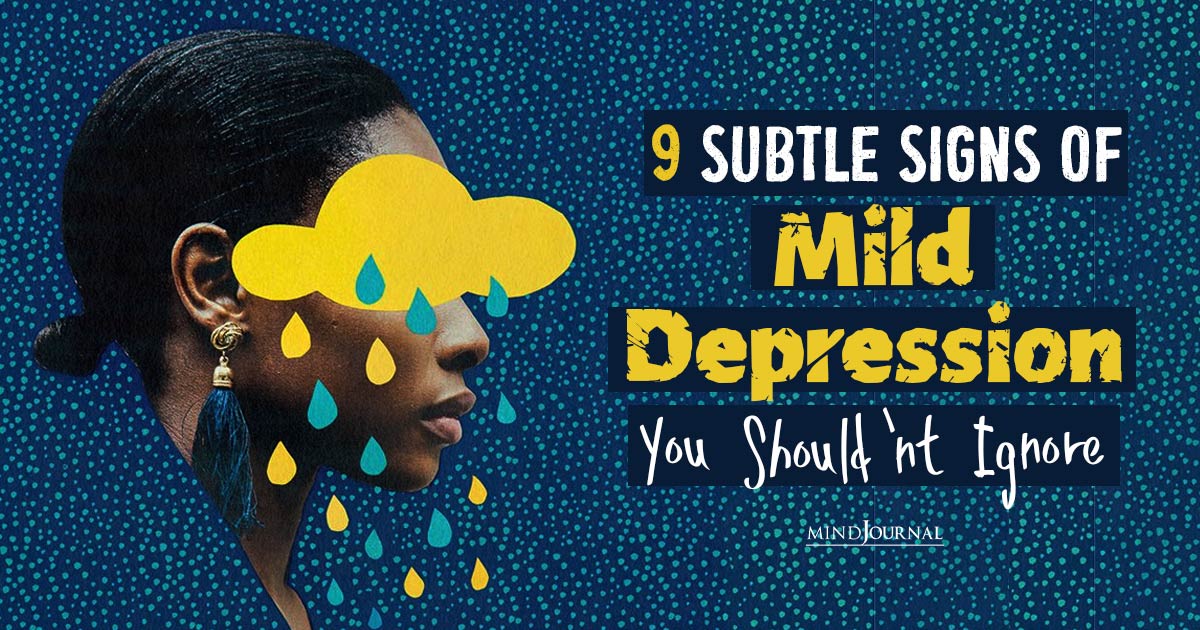
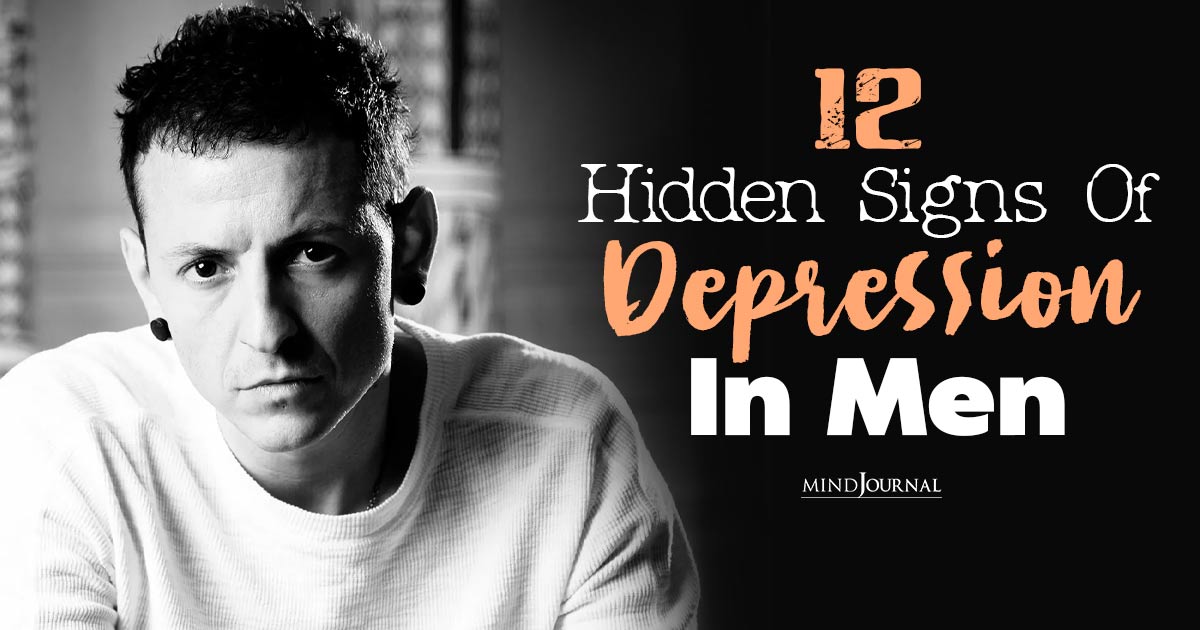
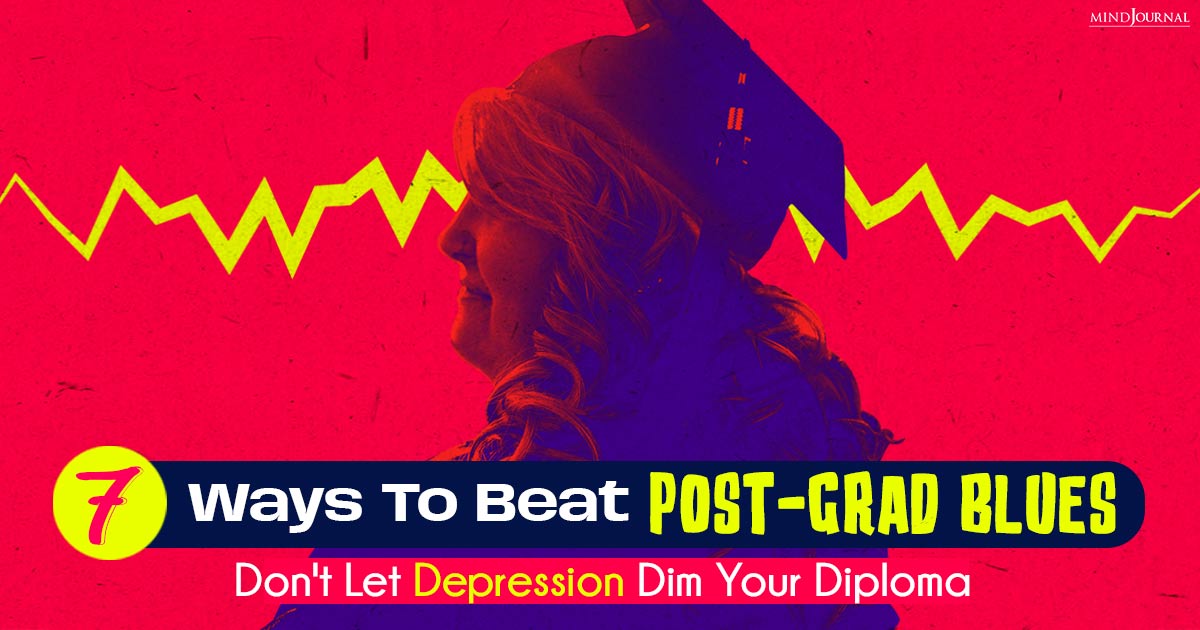
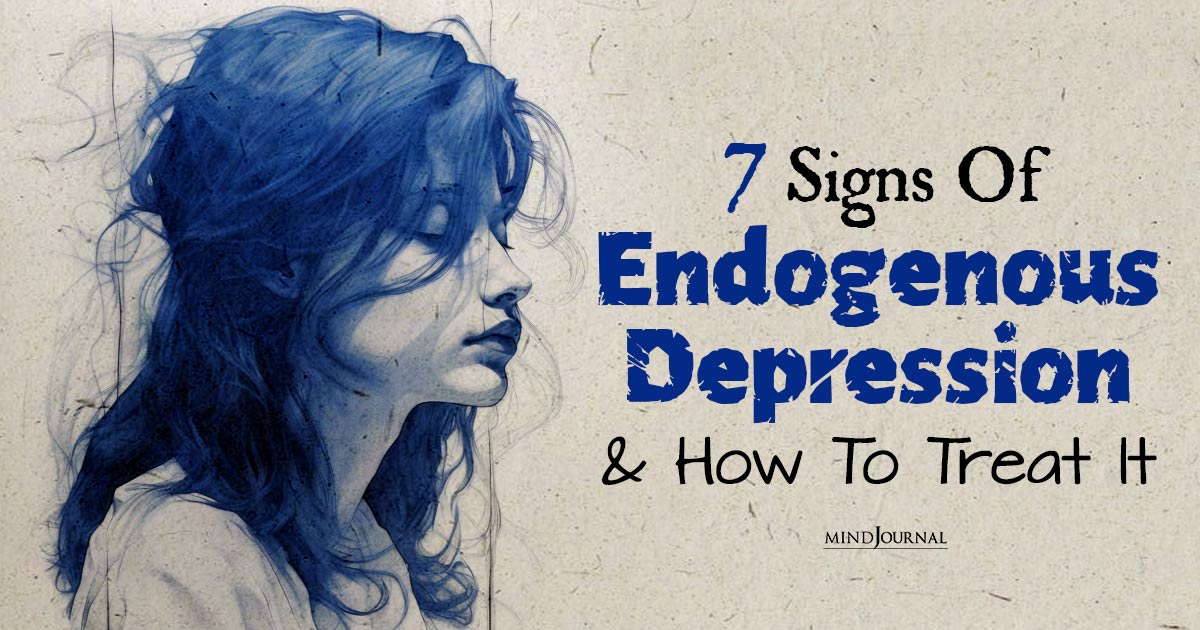
Leave a Reply
You must be logged in to post a comment.